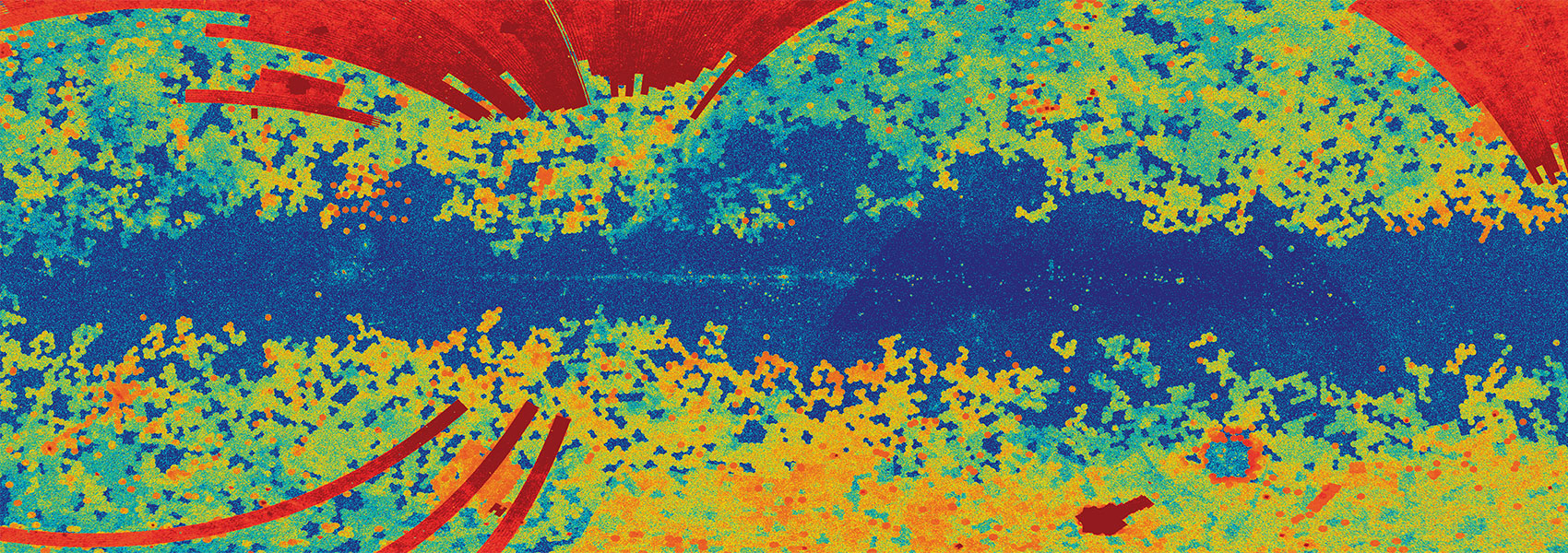November
2014
•
2014ApJ...795..151E
Authors
•
Endl, Michael
•
Caldwell, Douglas A.
•
Barclay, Thomas
•
Huber, Daniel
•
Isaacson, Howard
•
Buchhave, Lars A.
•
Brugamyer, Erik
•
Robertson, Paul
•
Cochran, William D.
•
MacQueen, Phillip J.
•
Havel, Mathieu
•
Lucas, Phillip
•
Howell, Steve B.
•
Fischer, Debra
•
Quintana, Elisa
•
Ciardi, David R.
Abstract
•
Hot Jupiter systems provide unique observational constraints for migration models in multiple systems and binaries. We report on the discovery of the Kepler-424 (KOI-214) two-planet system, which consists of a transiting hot Jupiter (Kepler-424b) in a 3.31 day orbit accompanied by a more massive outer companion in an eccentric (e = 0.3) 223 day orbit. The outer giant planet, Kepler-424c, is not detected transiting the host star. The masses of both planets and the orbital parameters for the second planet were determined using precise radial velocity (RV) measurements from the Hobby-Eberly Telescope (HET) and its High Resolution Spectrograph (HRS). In stark contrast to smaller planets, hot Jupiters are predominantly found to be lacking any nearby additional planets; they appear to be "lonely". This might be a consequence of these systems having a highly dynamical past. The Kepler-424 planetary system has a hot Jupiter in a multiple system, similar to \upsilon Andromedae. We also present our results for Kepler-422 (KOI-22), Kepler-77 (KOI-127), Kepler-43 (KOI-135), and Kepler-423 (KOI-183). These results are based on spectroscopic data collected with the Nordic Optical Telescope (NOT), the Keck 1 telescope, and HET. For all systems, we rule out false positives based on various follow-up observations, confirming the planetary nature of these companions. We performed a comparison with planetary evolutionary models which indicate that these five hot Jupiters have heavy element contents between 20 and 120 M ⊕.
Based on observations obtained with the Hobby-Eberly Telescope, which is a joint project of the University of Texas at Austin, the Pennsylvania State University, Stanford University, Ludwig-Maximilians-Universität München, and Georg-August-Universität Göttingen.
Links




